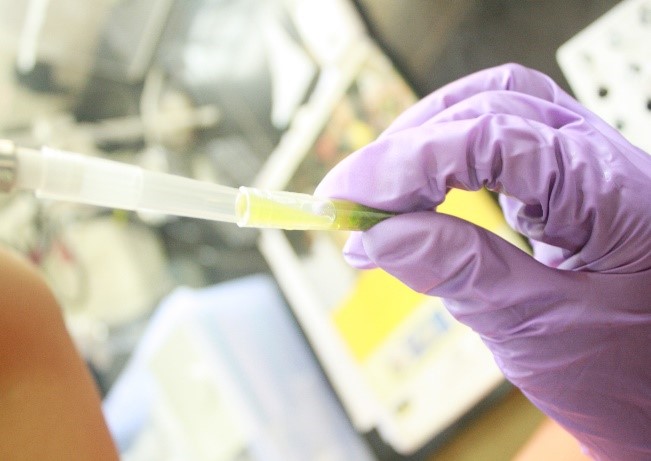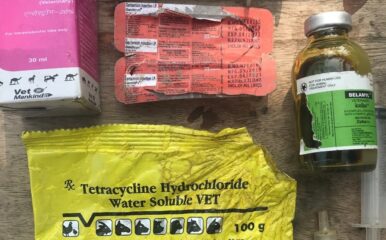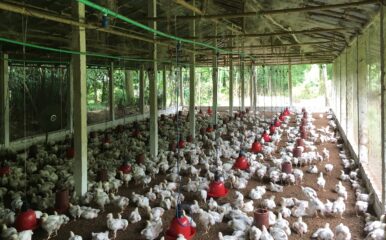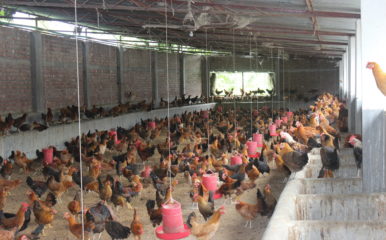
An AMR voyage of discovery
Published on 08/05/2024
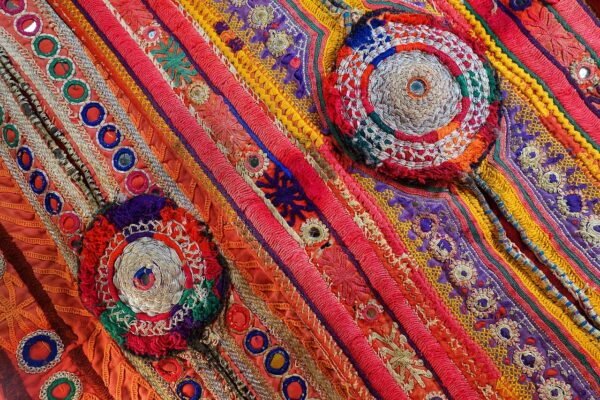
MabelAmber/pixabay
The voyage to the Department of Veterinary Biotechnology at Kamdhenu University (KU) in Gujarat was an amazing event and like no other I had experienced. Under the guidance of the Gujarat Biotechnology Research Centre (GBRC), Royal Veterinary College (RVC) and KU, I had the opportunity to delve into the fascinating world of molecular techniques for combating antimicrobial resistance (AMR). As the only participant from Sri Lanka among peers from Zimbabwe, Nigeria and India, my voyage was not only one of scientific discovery, but also of cultural interchange and Gujarati hospitality.
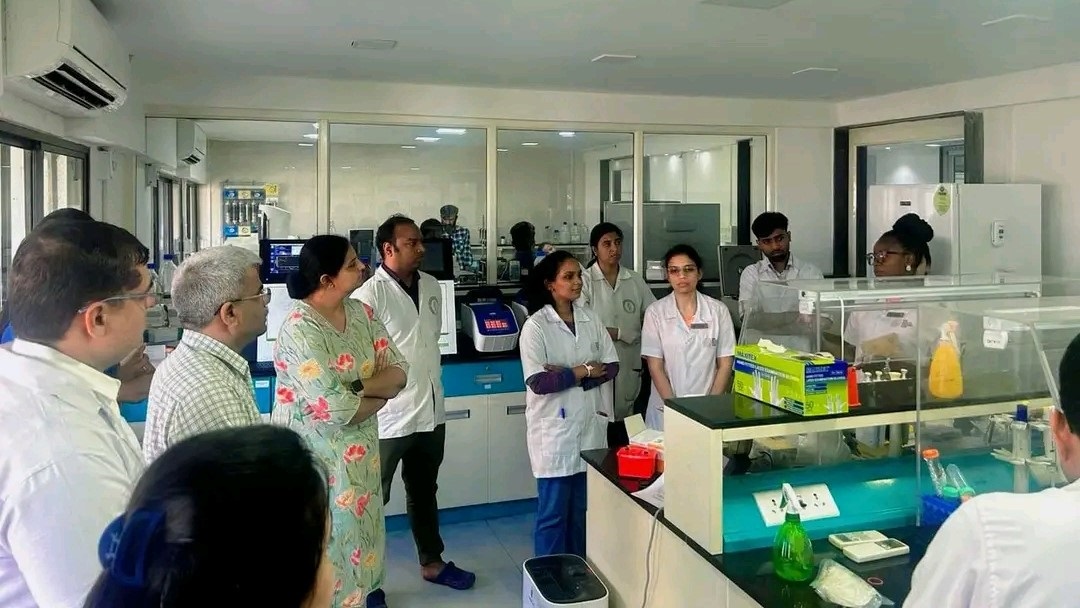
When I arrived in Gujarat, I was greeted by the genuine warmth and hospitality of its people. From the residents’ warm laughter to their passionate acts of kindness, I felt completely at home in the vibrant weave of Gujarati culture. Whether it was enjoying exquisite Gujarati cuisine, exploring bustling markets set with vivid colours or participating in deep talks with fellow participants and residents , each moment demonstrated the Gujarati community’s real friendliness and compassion.
Despite the rigours of our scientific instruction, we were able to enjoy a cultural immersion that enhanced our experience beyond measure. We shared stories, traditions and fun times with colleagues from other countries, resulting in a wonderful tapestry of variety and camaraderie. We toured Gujarat’s rich cultural legacy, enjoying local dishes and celebrating our shared humanity. Through these cultural exchanges, we formed friendships that crossed borders and joined us in our pursuit of knowledge and understanding.
Global health challenge
The 10-day hands-on training programme was a journey of discovery, as we delved into the intricacies of molecular techniques to monitor and investigate AMR. The course was originally a BBSRC-STARS project, with many Hub investigators collaborating, and its success has led to many more iterations of it. Guided by esteemed researchers from KU, RVC and GBRC, we honed our skills in PCR (polymerase chain reaction) assays, next-generation sequencing and bioinformatics analysis. Each session was a revelation, as we unravelled the mysteries of AMR and explored innovative strategies to combat this global health challenge.
As my time in Gujarat drew to a close, I was filled with gratitude for the opportunity to be part of such a transformative experience. To the organising committee of the hands-on training programme, I extend my heartfelt thanks for their vision, dedication and unwavering support in orchestrating this opportunity for me. To the people of Gujarat, Zimbabwe, Nigeria, and elsewhere in India, I am grateful for your hospitality, friendship and cultural exchange, which have enriched my journey in ways I never imagined possible.
As I take farewell of Gujarat and my fellow participants, I take with me many memories and lessons which serve as a monument to the transformational power of science, friendship and hospitality. Armed with newfound information, new cultural perspectives and a network of foreign colleagues, I am motivated to continue my scientific research and joint efforts in the battle against AMR. As I go on the next stage of my journey, I am confident that the impact of this experience will be felt far beyond the laboratory walls.
Making impact
